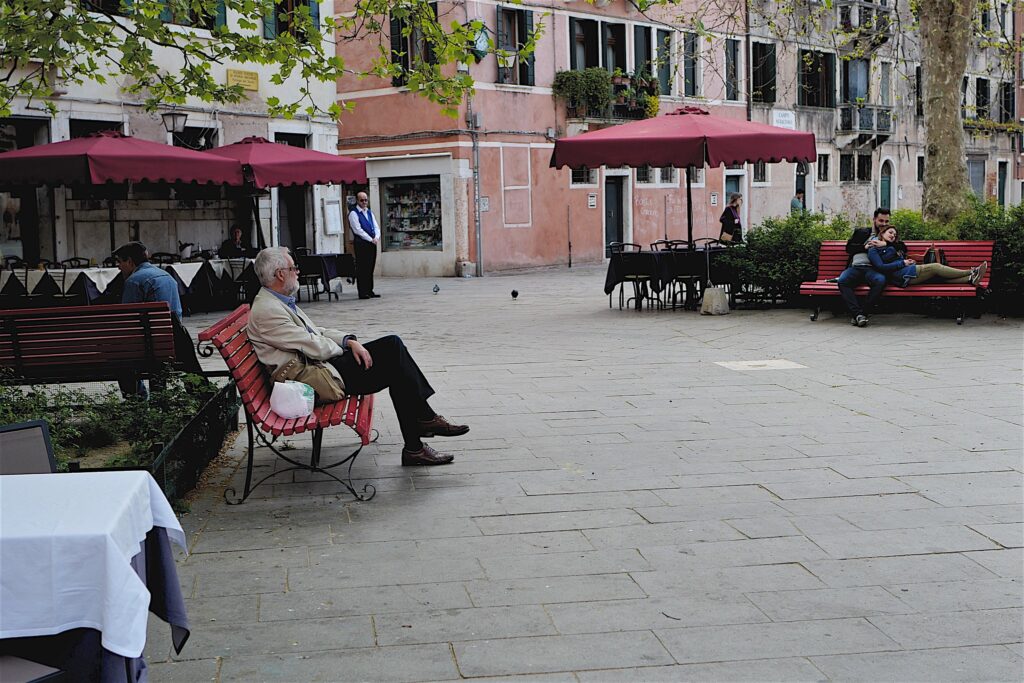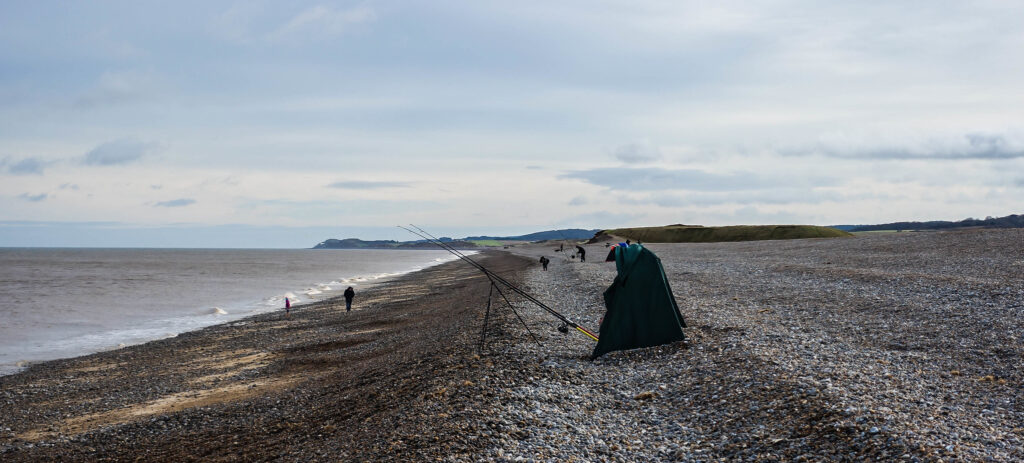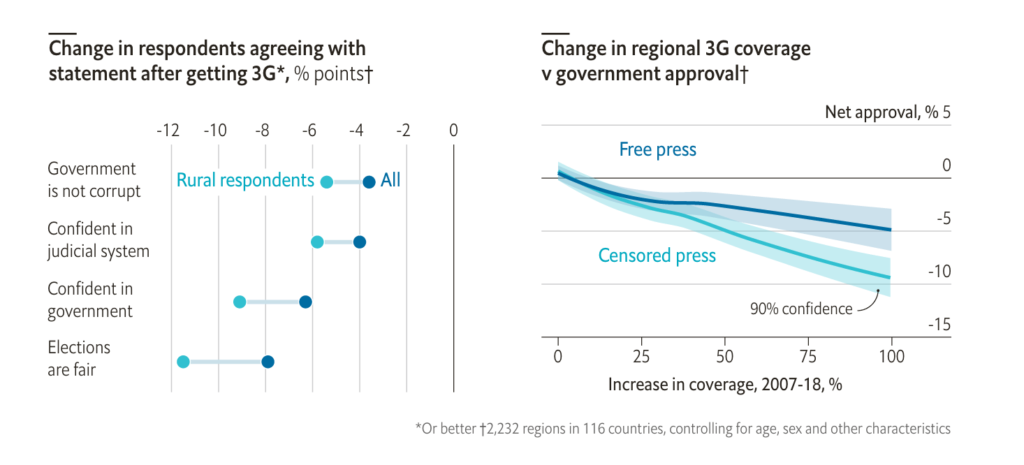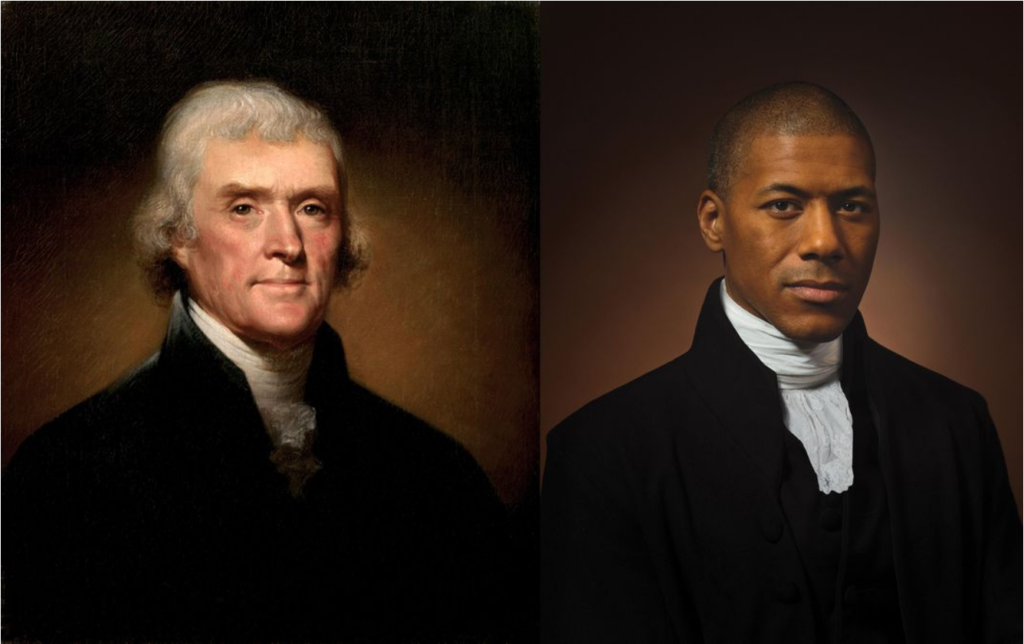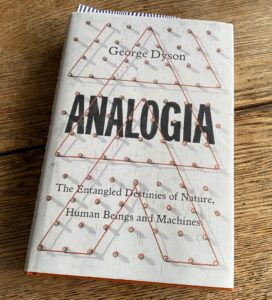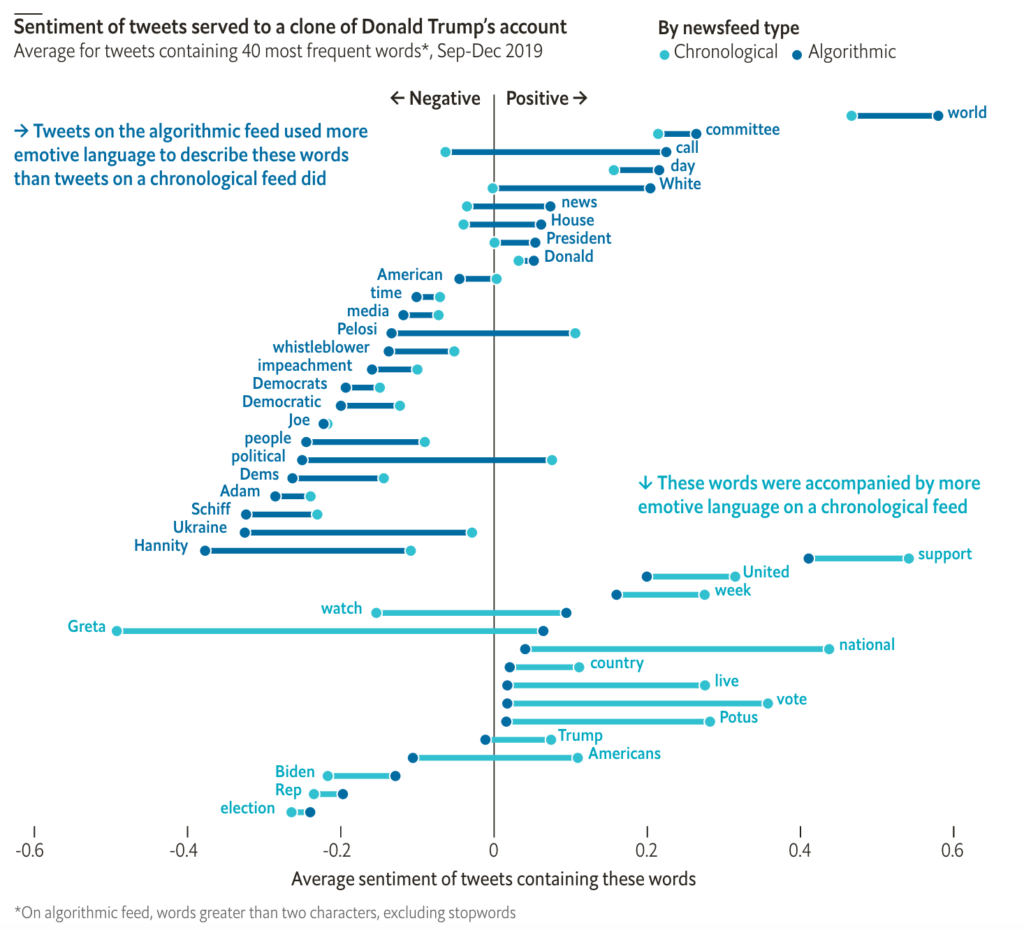Waiting for… who?
Venice, 2017.
Quote of the Day
”Calamities are of two kinds. Misfortunes to ourselves and good fortune to others”
- Ambrose Bierce
Musical alternative to the morning’s radio news
David Lindley & Ry Cooder – Old Coot From Tennessee
Well, I did warn you about these two.
Fukuyama: Liberalism and its discontents
Long read of the day. From American Purpose.
Characteristically lucid and informative essay by Francis Fukuyama on the historical background to some of our current problems.
The “democracy” under attack today is a shorthand for liberal democracy, and what is really under greatest threat is the liberal component of this pair. The democracy part refers to the accountability of those who hold political power through mechanisms like free and fair multiparty elections under universal adult franchise. The liberal part, by contrast, refers primarily to a rule of law that constrains the power of government and requires that even the most powerful actors in the system operate under the same general rules as ordinary citizens. Liberal democracies, in other words, have a constitutional system of checks and balances that limits the power of elected leaders.
Democracy itself is being challenged by authoritarian states like Russia and China that manipulate or dispense with free and fair elections. But the more insidious threat arises from populists within existing liberal democracies who are using the legitimacy they gain through their electoral mandates to challenge or undermine liberal institutions…
He goes on to argue that the contemporary attack on liberalism goes much deeper than the ambitions of a handful of populist politicians, and that they would not be as successful as they have been were they not riding a wave of discontent with some of the underlying characteristics of liberal societies.
To understand this, he says, we need to look at the historical origins of liberalism, its evolution over the decades, and its limitations as a governing doctrine.
And therein lies a master-class… Worth reading all the way through.
I’ve always admired Fukuyama’s writing. I was a bit puzzled by his book on Identity which came out a couple of years ago. But in this essay he seems back on form.
(Another thing I like about him is that he’s a keen photographer!
When the Worst Man in the World Writes a Masterpiece
This is an enjoyable essay by Alvaro de Menard about an enduring puzzle: how did a vain, shallow, lecherous nobody called James Boswell come to write the greatest biography in the English language?
de Menard begins by painting a succinct pen-portrait of the biographer:
He was a perpetual drunk, a degenerate gambler, a sex addict, whoremonger, exhibitionist, and rapist. He gave his wife an STD he caught from a prostitute.
Selfish, servile and self-indulgent, lazy and lecherous, vain, proud, obsessed with his aristocratic status, yet with no sense of propriety whatsoever, he frequently fantasized about the feudal affection of serfs for their lords. He loved to watch executions and was a proud supporter of slavery.
Boswell combined his terrible behavior with a complete lack of shame, faithfully reporting every transgression, every moronic ejaculation, every faux pas. The first time he visited London he went to see a play and, as he happily tells us himself, he “entertained the audience prodigiously by imitating the lowing of a cow.”
By all accounts, including his own, he was an idiot. On a tour of Europe, his tutor said to him: “of young men who have studied I have never found one who had so few ideas as you.”
As a lawyer he was a perpetual failure, especially when he couldn’t get Johnson to write his arguments for him. As a politician he didn’t even get the chance to be a failure despite decades of trying.
His correspondence with Johnson mostly consists of Boswell whining pathetically and Johnson telling him to get his shit together.
He commissioned a portrait from his friend Joshua Reynolds and stiffed him on the payment. His descendants hid the portrait in the attic because they were ashamed of being related to him.
Having read the first volume of Boswell’s own diary, which covers his arrival in London and his first years in the capital, that seems plausible. And yet, such an undoubted creep produces this single great work.
de Menard quotes the opinions of Macaulay — who thought that the ‘Life’ succeeded because of Boswell’s vices (he never hears a confidence that he would not betray) — and Thomas Carlyle (who thought the biography the greatest work of the 18th century) en route to an interesting conclusion. “The story of Boswell,” he writes,
is basically the plot of Amadeus, with the role of Salieri being played by Macaulay, by Carlyle, by me, and—perhaps even by yourself, dear reader. The line between admiration, envy, and resentment is thin, and crossing it is easier when the subject is a scoundrel. But if Bozzy could set aside resentment for genuine reverence, perhaps there is hope for us all. And yet…it would be an error to see in Boswell the Platonic Form of Mankind.
Shaffer and Forman’s film portrays Mozart as vulgar, arrogant, a womanizer, bad with money—but, like Bozzy, still somehow quite likable. In one of the best scenes of the film, we see Mozart transform the screeches of his mother-in-law into the Queen of the Night Aria; thus Boswell transformed his embarrassments into literary gold. He may be vulgar, but his productions are not. He may be vulgar, but he is not ordinary.
Lovely stuff.
Other, possibly interesting, links
- Obituary of publisher Tom Maschler “No stranger to self-doubt,” but a great publisher also. Maybe the two were connected. Link
- Facebook Seeks Shutdown of NYU Research Project Into Political Ad Targeting Apparently research into what they’re doing violates their terms and conditions. Link
- Why this presidential election is special — democracy is on the ballot — not just Trump and Biden – Vox Link
- Mask-wearing and ‘freedom’ (contd.) Paul Krugman weighs in: “Liberty doesn’t mean freedom to infect other people.”
This blog is also available as a daily email. If you think this might suit you better, why not subscribe? One email a day, delivered to your inbox at 7am UK time. It’s free, and there’s a one-click unsubscribe if you decide that your inbox is full enough already!

